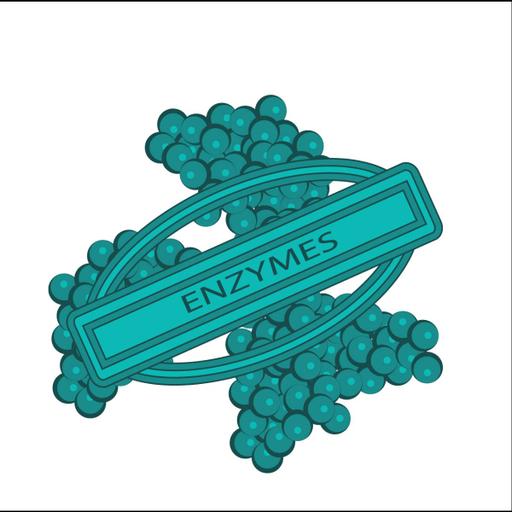Enzymes
Presentations | English
Enzymes are proteins that help speed up metabolism or the chemical reactions in our bodies. Enzymes are essential for digestion, liver function and much more. Enzymes in our blood can also help healthcare providers check for injuries and diseases. All living things have enzymes. Our bodies naturally produce enzymes. But enzymes are also in manufactured products and food. One of the most important roles of enzymes is to aid in digestion. For example, there are enzymes in our saliva, pancreas, intestines and stomach. They break down fats, proteins and carbohydrates. Enzymes use these nutrients for growth and cell repair. They also help with breathing, building muscle, nerve function and ridding our bodies of toxins. There are thousands of individual enzymes in the body. Each type of enzyme only has one job. Some of the most common digestive enzymes are carbohydrase, lipase and protease. Enzymes can only work in certain conditions. Most enzymes in the human body work best at around 37°C – body temperature. At lower temperatures, they will still work but much more slowly.

9.25
Lumens
PPTX (37 Slides)
Enzymes
Presentations | English
